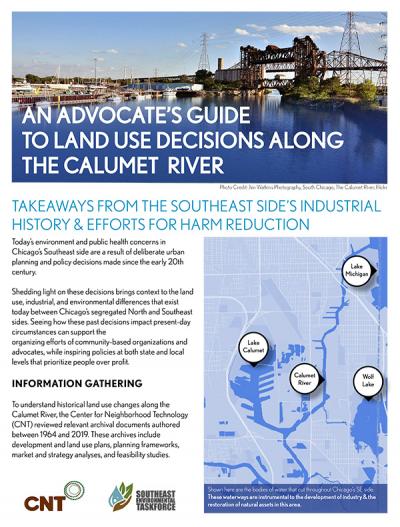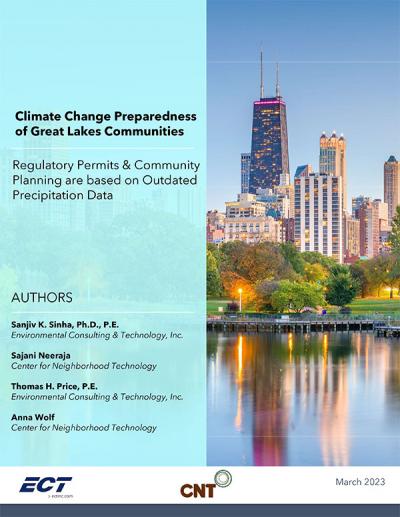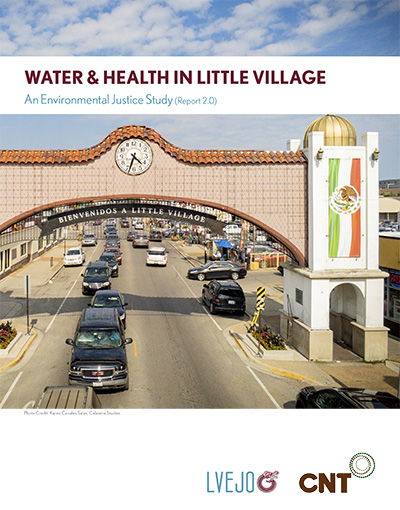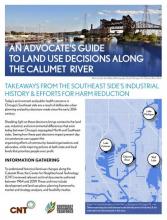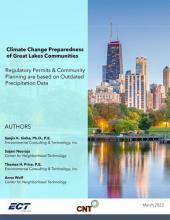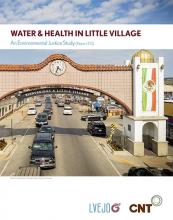Today’s environment and public health concerns in Chicago’s Southeast side are a result of deliberate urban planning and policy decisions made since the early 20th century.
Shedding light on these decisions brings context to the land use, industrial, and...Read more




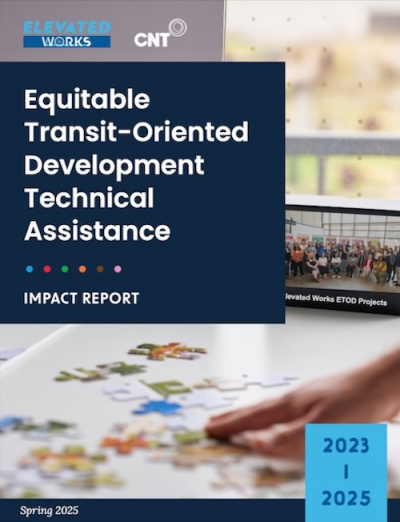
 Strengthening Transit Through Community Partnerships
Strengthening Transit Through Community Partnerships